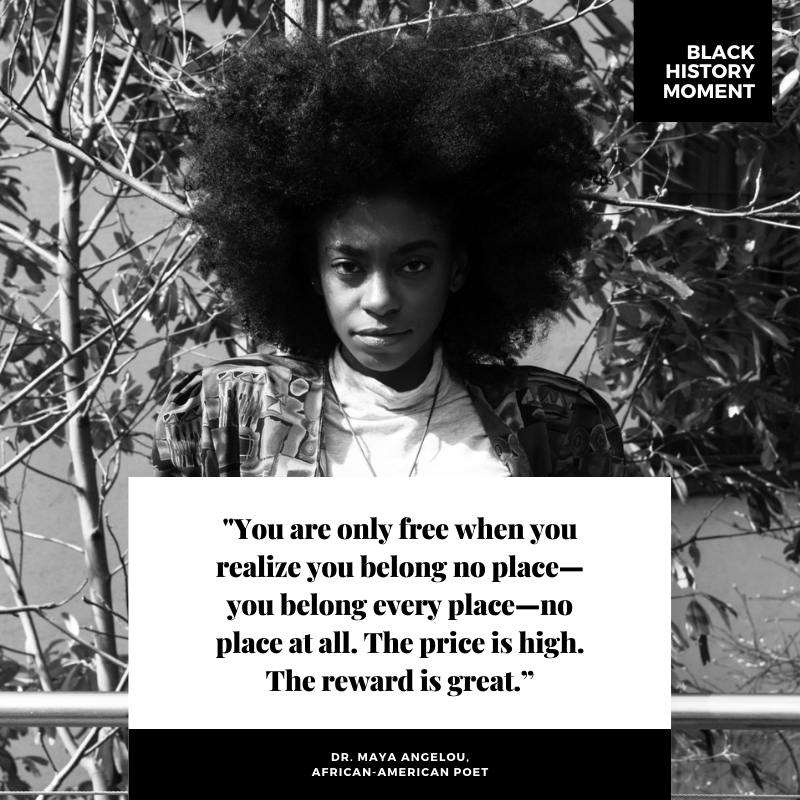
While reading Braving the Wilderness by Brene Brown I was intrigued with a quote that she reflected on by poet Maya Angelou:
"You are only free when you realize you belong no place - you belong every place- no place at all. The price is high but the reward is great."
I think in Brene’s original quandary, she may not have been able to connect with the black person’s experience of finding belonging; in finding a place in this world or in finding relevance. I think it is something that black people often fight for and are looking for. Eventually, we all have to realize that our purpose is not to be against each other, but it is about listening to each other. It is not about fighting for one side but it is about merging the sides together. In unity, you don’t belong to one side or another, but you belong everyplace. Your yearning for a high position or higher place dissipates and therefore you belong no place. The price will be your identity and you will lose who you think you are supposed to be. The reward in loosing yourself is a higher place. The reward is being able to operate, hear, speak, and communicate from a place of love instead of a place of hate.
Let’s start the conversation
I recently went to a conference of sorts where a classmate and I discussed one man’s seeming racist disposition. We both agreed that “It seemed” as if he attacked the opinions, views, and thoughts of only the African American presentations. We immediately labeled his attitude as racist while noticing the microaggressions being thrown about during his responses. I labeled him and I put him in a similar box that I put most middle aged White American males; the enemy.
It wasn’t until after the presentations were over that he came to one of the African American presenters to discuss how some of her words were offensive to him. I noticed the conversation going on from across the room. I noticed how another white lady came to join this gentleman in what I saw as an attack. Immediately I went over to “help” or to make an even playing field. I thought it was my duty to “help a sista out!” I walked over, but I remained silent when my two white classmates discussed why they felt offended and even a little hurt.
The presentation being discussed at this particular moment was about how African American female students were often 'maturalized' by society. This act of perceiving an African American female student as older than her actual age made her more susceptible to discipline referrals and labels of insubordinate behavior in the classroom. From the perspectives of my two white classmates, the presentation read as white teachers themselves cause and plan out the negative labeling of African American female students. My two white classmates suggested that some of the words should be changed in the presentation so that they would feel “less offended.” The point of the presentation was not to make anyone feel uncomfortable, but to give voice to a problem plaguing African American female students. I said to myself “Typical White Narcissism.”
What is White Narcissism?
Before I get to the part where I recant my own bias behavior, let me explain to you what I mean by White Narcissism. Narcissism is the excessive interest in oneself, ones’ wellbeing, or one’s physical appearance which results in a selfish personality who lacks empathy for others. When I refer to white narcissism I am referring to the phenomena where white people often grab the direction of discussions about racism and make it about their feelings and perceptions. Although hard conversations about race are difficult, these initial conversations are supposed to introduce the concern for those who are suffering from racist acts, not about how hard it is for someone to hear about the racism.
It would seem that those who are usually accustomed to their cultural role of authority as perpetuated by systemic racist ideals, offer their “expertise” of how racism is not the proper word to use. Moreover, white people in general, shift the conversation to how the issue of race is not their fault while often taking a defensive or dismissive stance. Hence, the focus leaves the arena of being empathetic towards those directly affected by racist attitudes, and is directed at how to make the conversation more comfortable for white people. Hence, White Narcissism.
One thing that I want to make clear is that I am making a general observation. I know many white people who do not display tendencies of White narcissism. I know white people who genuinely care about social justice and raising awareness of systemic racism. However, I would like to suggest that just like there are narcissistic people who operate on a scale of self love; there are also people who operate on a scale of White Narcissism. I just raise this issue so that anyone, black, white, red, brown or yellow can do a self reflection of how they deal with conversations about race.
Waking Up White (Debbie Irving):
“Self-examination and the courage to admit to bias and unhelpful inherited behaviors may be our greatest tools for change . Allowing ourselves to be vulnerable enough to expose our ignorance and insecurities takes courage. And love. I believe the most loving thing a person, or a group of people, can do for another is to examine the ways in which their own insecurities and assumptions interfere with others’ ability to thrive. Please join me in opening your heart and mind to the possibility that you—yes, even well-intentioned you—have room to change and grow, so that you can work with people of all colors and ethnicities to co-create communities that can unite, strengthen and prosper” (p. 249).
Now, taking my own advice about reflection, I have found that I often take the defense. I consider myself a pretty cool, calm, and collected person. But I advocate for black voices, equity in education, and social equality. Hence, I have a pretty strong opinion on how people who come from positions of privilege need to respect the voices of those who are often oppressed by society. It is important for each of us to gain perspective on our positions of privilege. We all have them.
Speak up for those who cannot speak for themselves,
for the rights of all who are destitute.
proverbs 31:8
It is suffice to say that there is a system of racism to train minds to be hostile towards those who are not our enemies. I needed to reflect on my own personal bias to understand why I labeled this man as the enemy even when I didn’t know him.
This message would not have cut into my heart if I didn’t look into that gentleman’s eyes and see that he really wanted to be heard. He really wanted to be understood. His eyes told me that he was truly and deeply hurt by the way the words pointed to his race as the cause of African American suffering. I felt sympathy for him, and my eyes of hatred retreated. Then I thought to myself “this hurt is very familiar.” Was I not doing the same thing to him, as I thought he was doing to my African American classmate. I am also a victim of this system. A system that so delicately sows seeds of disharmony amongst people that should be brothers and sisters.
I used this following quote in a previous post:
“Respect and understanding of issues around diversity, equity, and inclusion are simply words until they are played out in the very fabric of our relationships and communities. I am a white woman on a journey of unpacking systems of power and privilege, and I am grateful for grace to begin again and learn from mistakes when my blind spots are revealed. Our words hold incredible power, and it is important for us to use them to deepen connections and to help others feel seen and heard (Huff, 2018).
I later found out that this gentleman was a brother to me. He was a brother in Christ. We shall call him Brian to protect his identity. Brian served as a chaplain in the war in Afghanistan; early 2000’s. He has shown his dedication to the Lord over and over, serving the Lord’s people and receiving military medals of honor for his work. He was not a man that came from privilege but the first of his family to go to college. He was humble. He was courteous. He was a man of God who was concerned with the message being relayed through word choice on a powerpoint presentation. He was also a man who needed to reflect on his own biases. With this said, I have to say that I have changed my mind.
What have I changed my mind to?
I have changed my mind to being respectful of all perspectives on the issue of race. Not every white person has the motive to dismiss racism from the conversation of social justice or equity. I have learned to listen and to not try to gain ground by assuming that someone doesn’t care about the same issues that I care about. Human empathy can surpass systemic racism. I believe that changing attitudes and fostering real conversations of how to heal from a racist culture is necessary to grow. So, I change my mind about being defensive. I also reserve the right to change my mind about how I perceive others. With this reflection I am choosing to operate from a place of love and understanding.
I no longer belong to one side or another. I belong every place. The price is high but the reward is great.
“Free at Last, Free At Last. Thank God, Almighty. We are free at last!”

This blog is dedicated to spreading the Gospel of Jesus Christ and the coming of his Kingdom. Therefore all content is God centered and adheres to the word of God. My Goal is to motivate you to find your purpose.
In order to continue healthy conversations about racism we will need friends in places of authority to help out. Check out this article about Dr. King’s Dream for a country of unity in “The Silence of Our Friends.”
Stay tuned for the month of February, where I will be putting together a collection of essays for Black History Month . . .
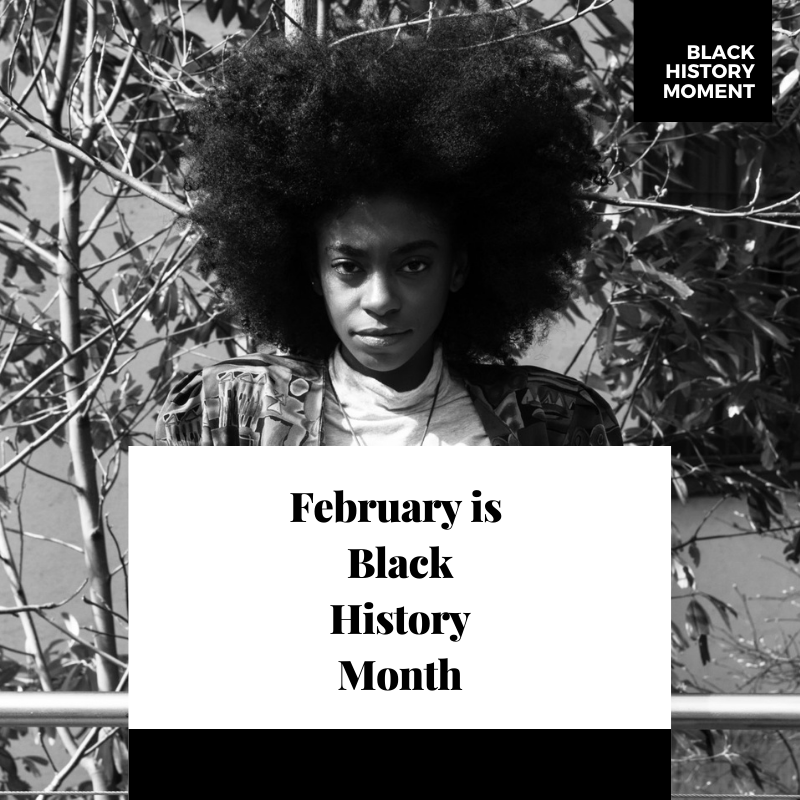
Like this post?
READ MORE
There is a way to see things the way that God sees things. Check out this creative language essay on the end.
I really enjoyed
“So You Want to Talk About Race.”
by Ijeoma Oluo
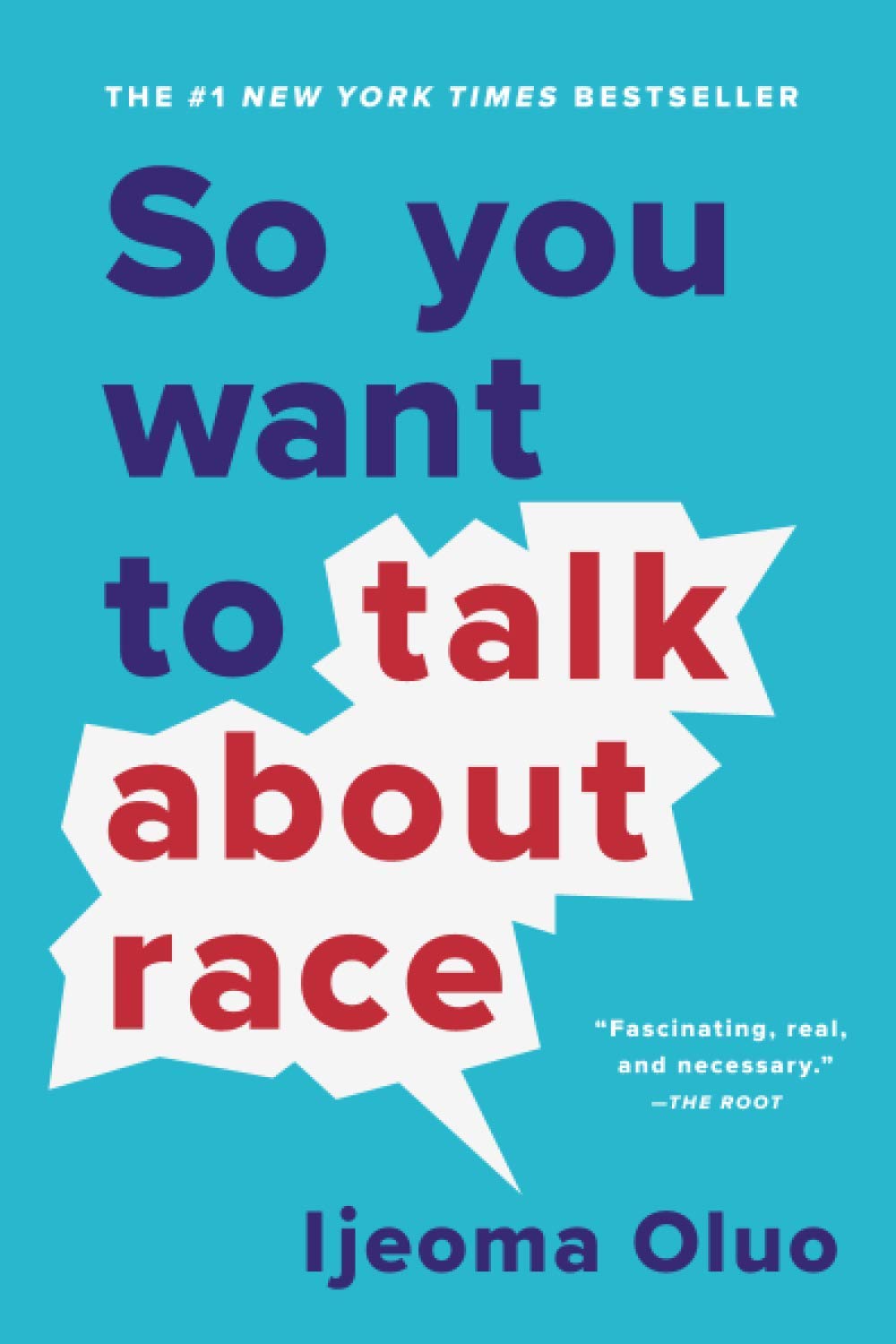
Listen to "Up From Slavery"
by Booker T. Washington
This is the short version but longer versions are on You Tube
Titles by Tamorra
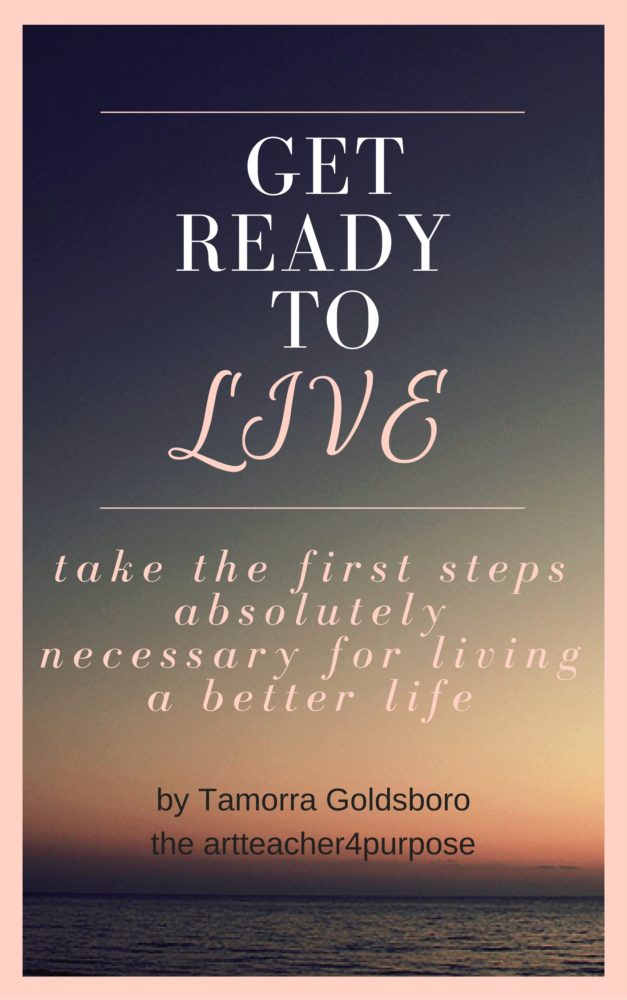

This page may contain affiliate links
Read privacy policy to learn more
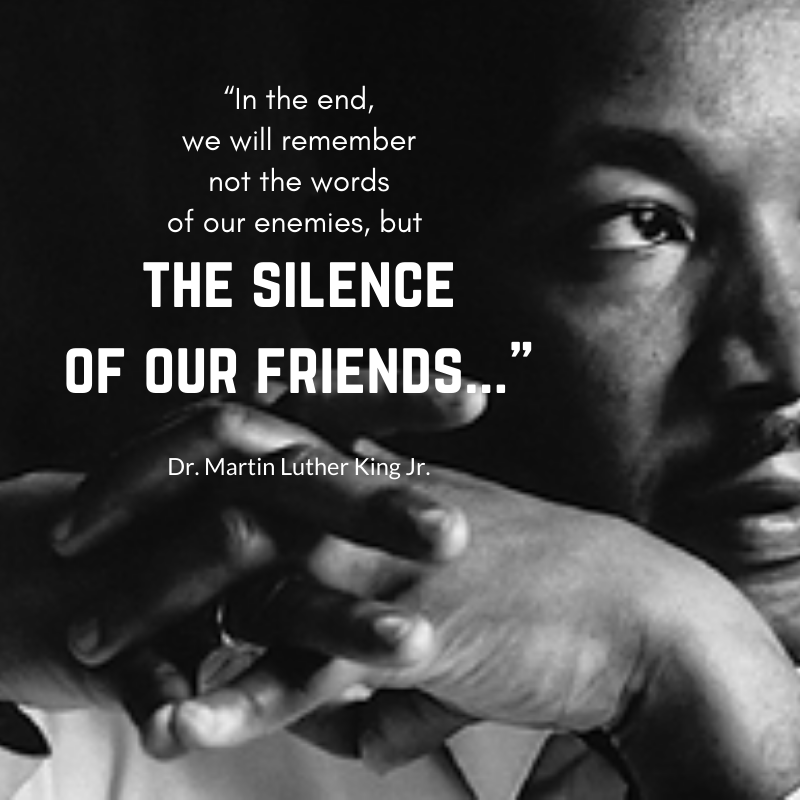
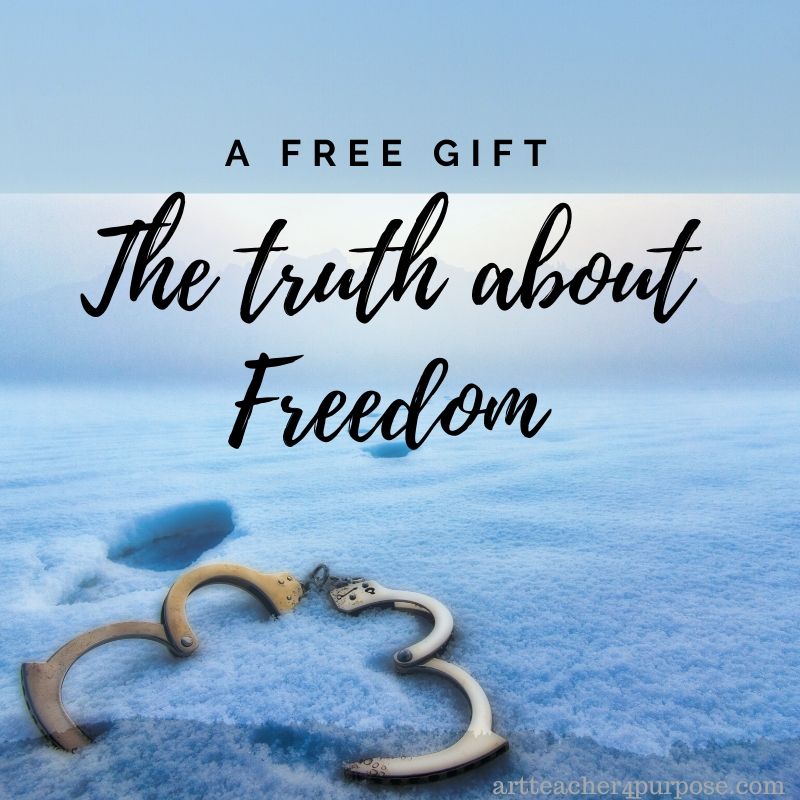
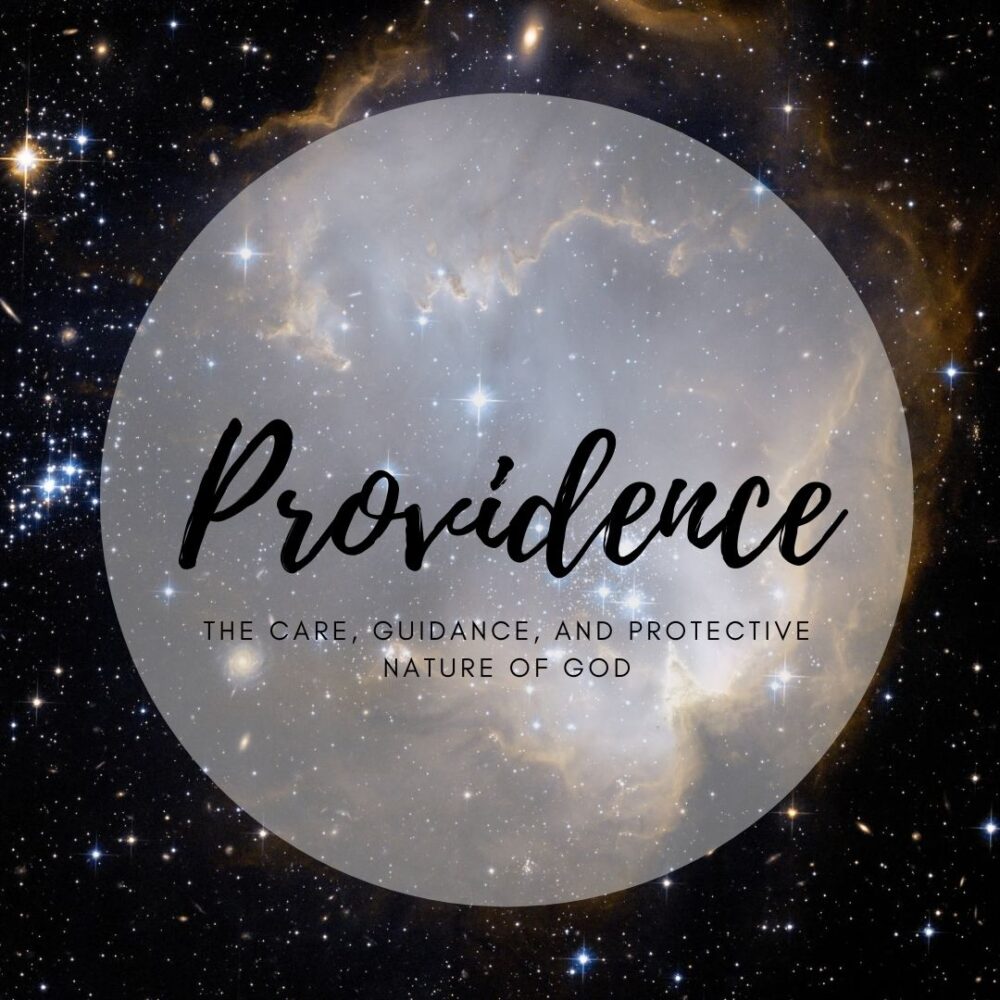
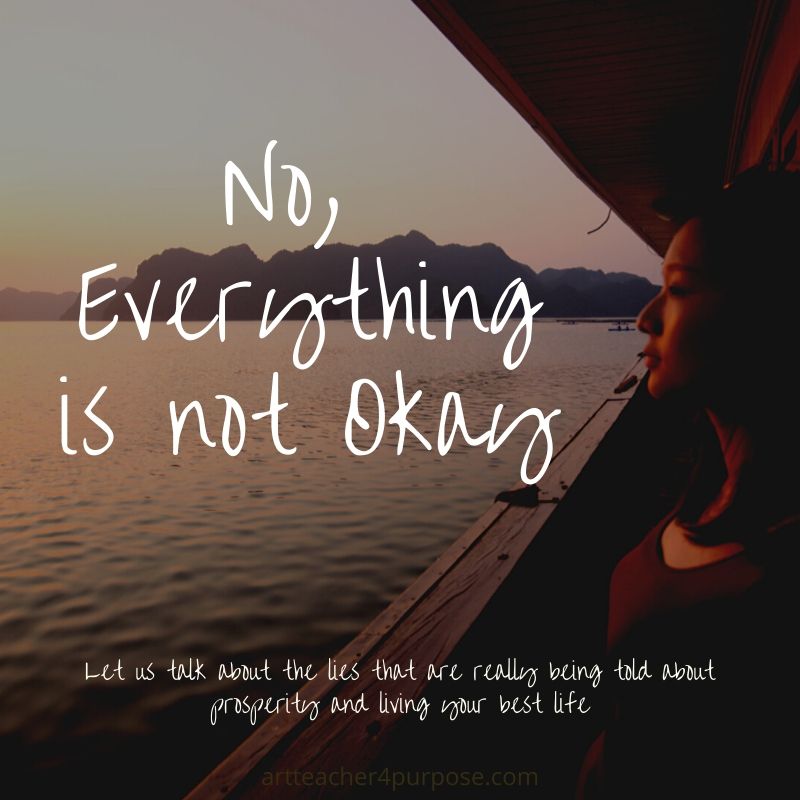


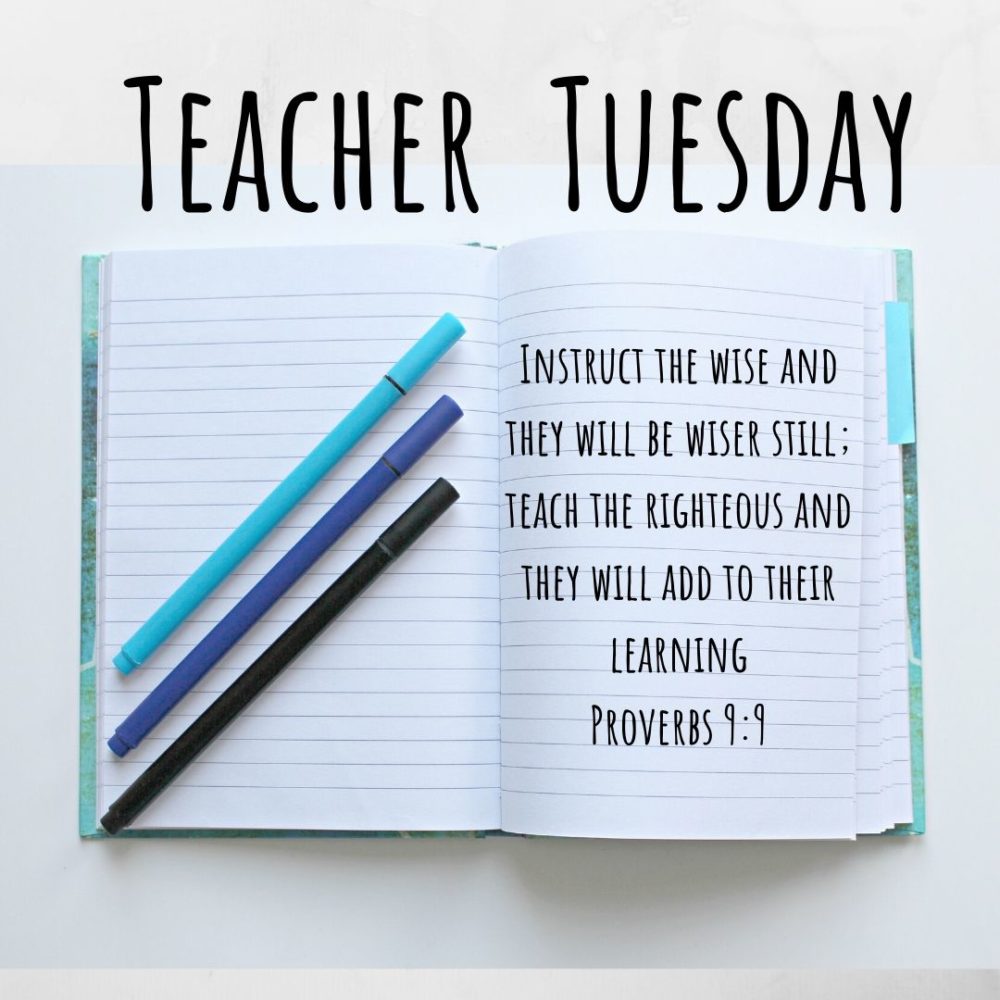
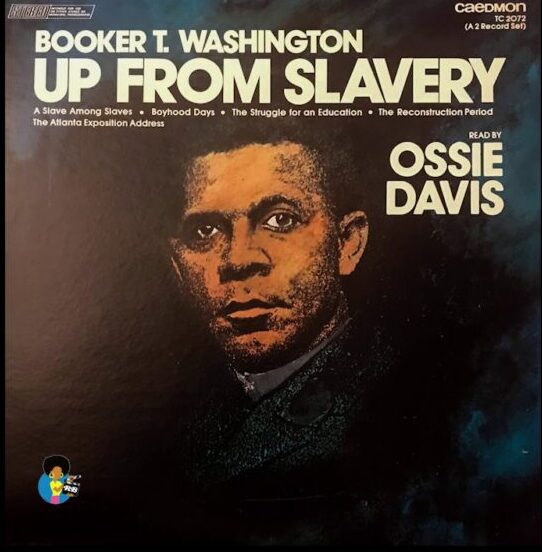
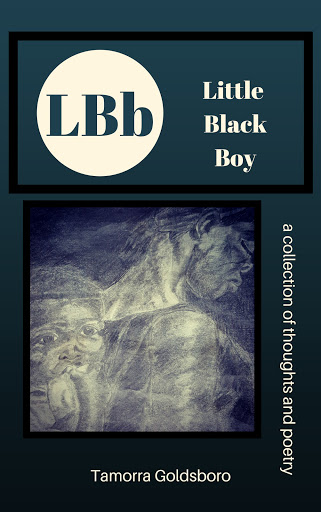
I was studying some of your blog posts on this website and I believe this site is rattling instructive! Continue posting. Brier Wilden Stringer
Youre so cool! I dont suppose Ive learn something like this before. So nice to find any person with some original thoughts on this subject. realy thank you for beginning this up. this website is something that is wanted on the web, somebody with just a little originality. useful job for bringing something new to the internet! Daron Groeneweg